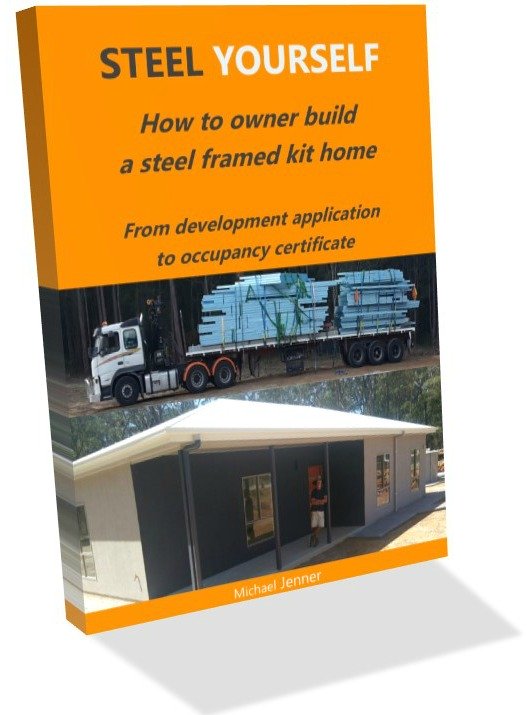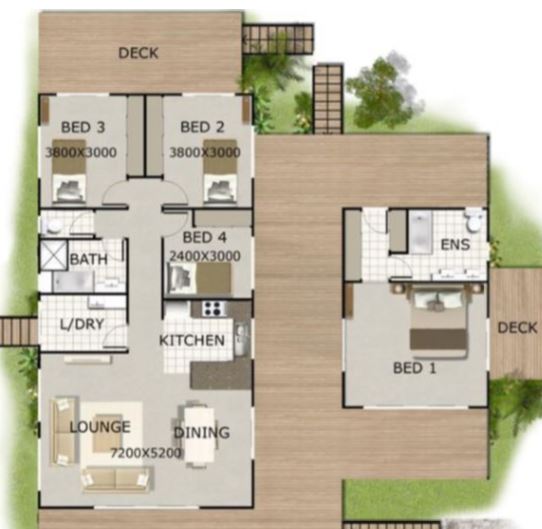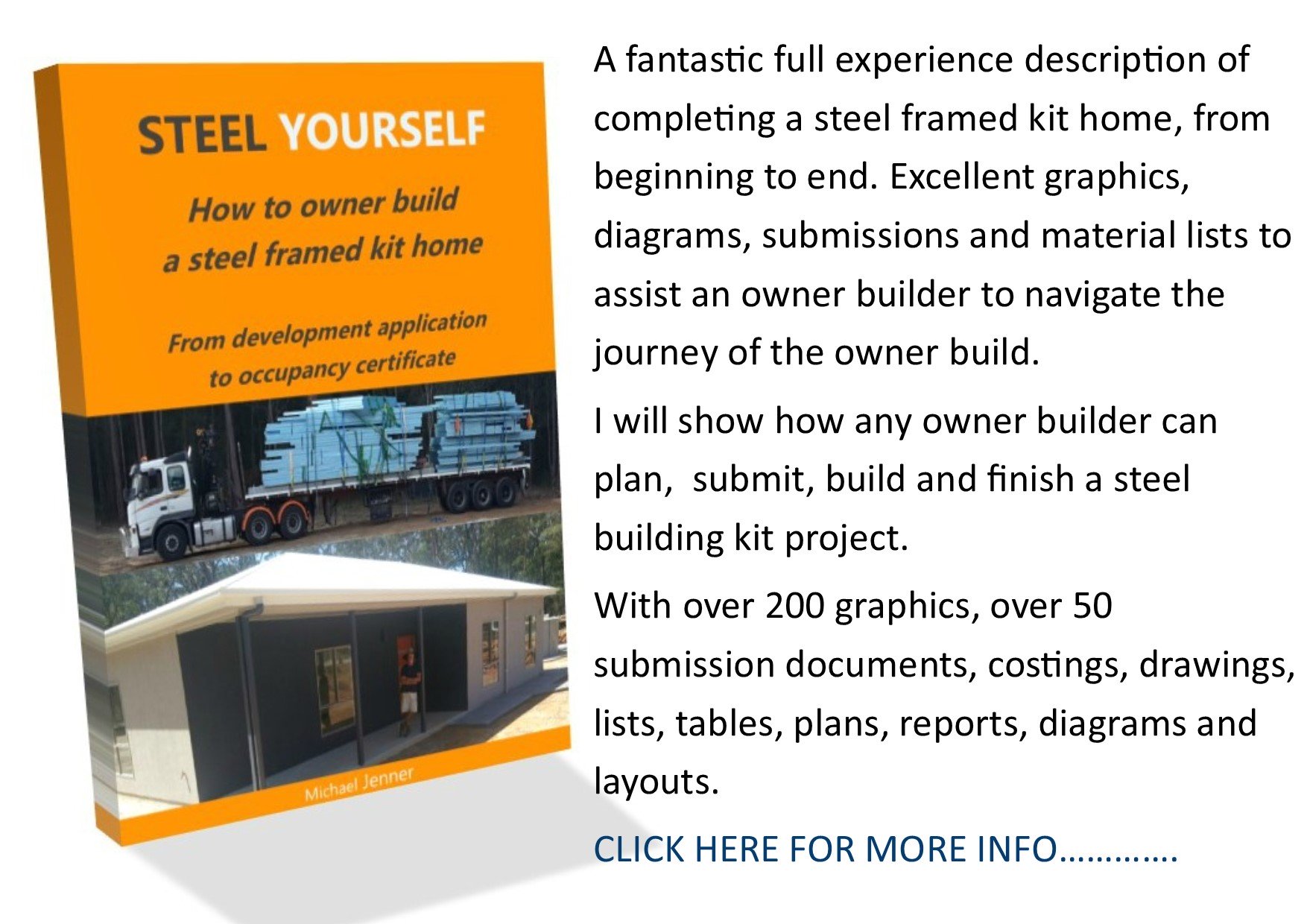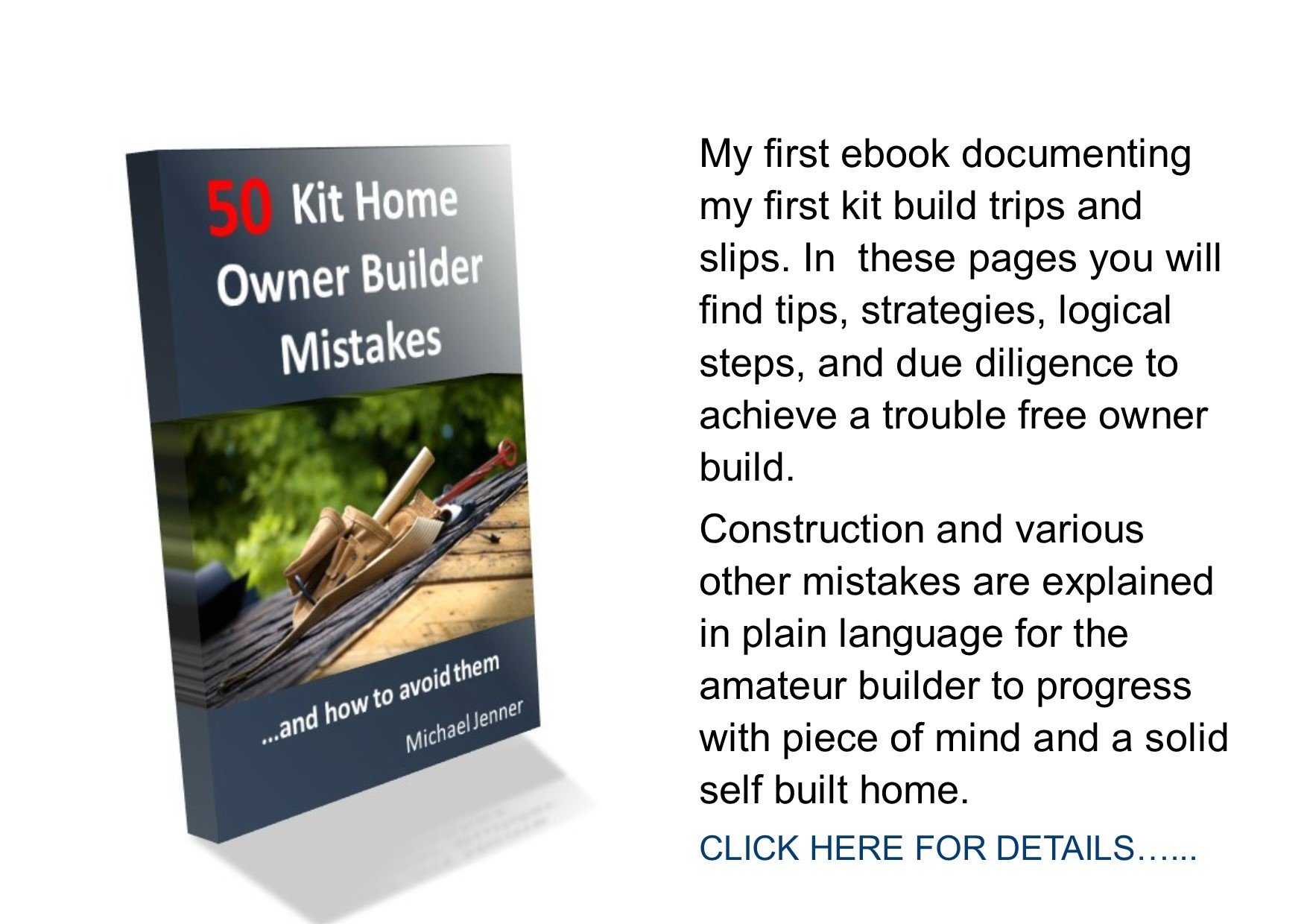Due Diligence Checklist for Buying Land
A due diligence checklist for buying land to build your kit home is essential groundwork for the owner builder. Getting stuck with cheap land that you can't build on is a nightmare that many unwary owner builders face.
So your best bet is to try not to buy the first block you see, or at least negotiate a longer settlement on your land contract and add conditions of sale (or 'cooling-off' rights) that provide escape clauses if the land is not usable.

Due Diligence Definition
The due-diligence period in a real estate contract is defined as a buyers obligation to thoroughly investigate a property within a specified time to determine whether the buyer remains satisfied with the property before finalizing the purchase (http://homeguides.sfgate.com).
Isn't all land usable? Well it depends on where you are buying, what council authority oversees it and about 20 other factors.
"My due diligence checklist failure story...I bought a 5 acre bush block with the intention of clearing 1 acre in the middle to get privacy from the road, only to find an unmentioned koala corridor along the back half of the block."
So lets get our due diligence checklist together, one that highlights the important ones an owner builder needs to take note of.
Due diligence checklist
- Has the block got a building permit?
- Has the block been previously surveyed?
- Will my kit design fit on the block?
- Is there enough room with set back distances to fit my house plan?
- Is my design allowed eg block-estate covenants, minimum sizes, council restrictions?
- What is the exposed site to wind category?
- Is this block effected by a water course or swamp?
- What is the soil classification of site?
- Is there rock showing or presence of rock?
- What is the gradient of the land?
- Is the block suitable to be cut level?
- If no, then cut and fill?
- If no, will high piering be necessary?
- Will this block suit bearers and joist construction?
- Is there access to the block?
- If no, does the block need an all weather access road?
- Will I need an engineered road entrance - pipe/channel?
- Are there any trees on the block?
- If yes, how many and what size?
- Do trees have to be removed from block?
- If yes, what is the cost of clearing this block?
- Am I allowed to remove trees?
- Is there enough 'sky' for solar energy?
- Is there vegetation orders associated with the area?
- What is the Bushfire rating on this block?
- If high, what safety additions to my kit or block do I need?
- Are there fauna corridors through the block?
- If so, does that change where I can site my house?
- And if so, can I have a dog, do I need different fencing?
- Is it fenced or part fenced?
- If so is the fence on the correct boundaries
- Is there kerb and gutter?
- Are there any easements (power, access, sewerage) through the block?
- Is there a concrete footpath?
- Is there town water available?
- Is there power, landline phone, ADSL/NBN, 4G available?
- If not, will power have to be extended by power authority?
- Will there be a private power pole necessary?
- Is a sewer line available?
- If not what does a modern septic/enviro-cycle system cost to install?
- Where will my storm water go to?
- Are there tradesmen in the area-electricians, plumbers, plasterers, roofers, tilers?
- Will the council allow me to live in my shed /caravan while I build my house?
- Can a large truck and trailer get onto my block to deliver the kit?
- Does the price fit in with my budget after the ALL OF THE ABOVE has been considered?
Due diligencechecklist: Why would I move out?
Lastly, the reason why people frequently move out is because of their surroundings...so:
- Is your street a thoroughfare, 'rat run', drag strip?
- Do your neighbours have poultry, pigs or other animals that may effect you? Barking dogs have had us pack and leave a residence twice.
- Do they have a small industry that will be noisy?
- What's in the area: music venue, freeway, trains, rubbish tip, abattoir, bat colony, kennels, airport, mining, quarry, any other industrial plants?
- What plans are there for the area? New freeways, subdivisions, industrial estates, coal mines, fracking..
There are of course many more questions to ask, especially 'legal'
questions and your conveyancer must assist you with those. For example,
does the seller actually own the property, are there ongoing disputes
with neighbours etc.
I have a Kit Home Planning Checklist here and a Kit home Budgeting Checklist here or Go back to my Groundwork page or return to kithomebasics home page.





